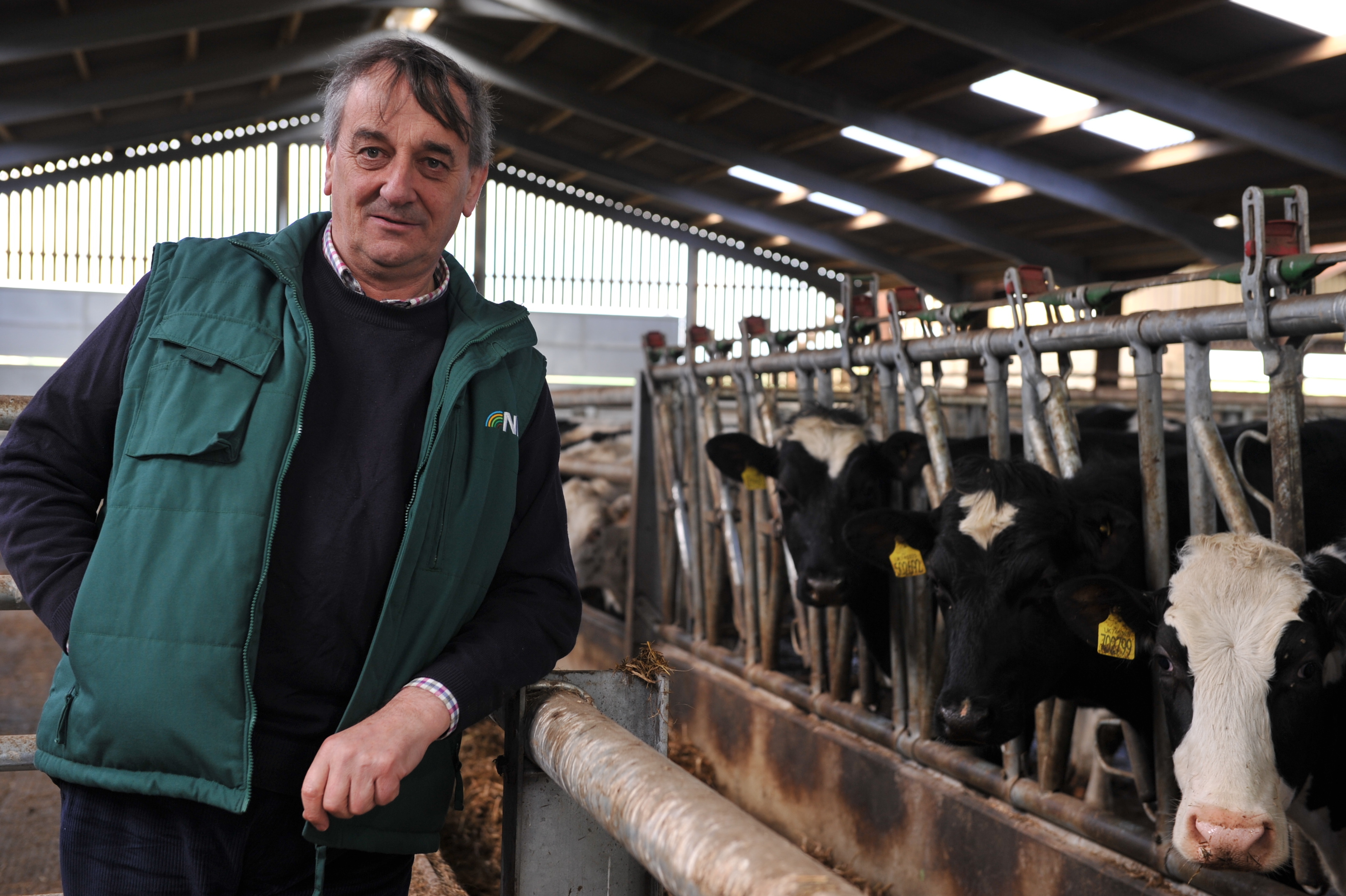The time is right for the UK Government to back a massive increase in home food production, according to Meurig Raymond, the president of the National Farmers Union for England and Wales.
Farmers should be proud of their contribution to the environment with 26,000 hectares managed on a voluntary basis for wildlife, he said.
But too often farming had been traded off for environmental gains at a time when there was an urgent need for more food to be produced to meet the demands of both home and export markets.
“Self sufficiency in food in the UK has fallen to 62% and is in danger of falling further to 50% in the next 10 years with the population forecast to increase by 10million over the next 25 years,” Mr Raymond told the annual conference in York of pig genetics company, JSR.
“I don’t think this is what consumers or society in the UK in general wants. We need to have import substitution for food we can grow at home.”
Meat consumption was forecast to increase globally by 73% as world population increased and the move to western-style diets in China and the Far East as economies improved. This translated into an increase of 38 million tonnes in world demand for pork.
Mr Raymond said farmers were held in higher esteem by the public than bankers, big business and supermarkets and this had been confirmed in opinion polls with farmers continuing to attract 88% support.
The union will be presenting a manifesto with 40 recommendations for actions needed from Government to political leaders at the party conferences over the next two weeks.
Mr Raymond said action was needed on tax averaging to help farmers cope with increasing volatility in the market place and a reduction in capital taxation to incentivise farmers to invest for the future.
“The Government must address these issues and deliver,” said Mr Raymond. “Farming has been the shining light in the stalled British economy since the financial crash in 2008. The industry’s contribution to the economy has increased by 34% to £9.2billion and is the only major industry in the UK which is bigger than it was before 2008.”
He admitted that most of the increase was due to higher commodity values and with values for all commodities having fallen dramatically in recent months, there was a need to increase the volume of output.
“The recent agreement on reform of the Common Agricultural Policy was a backwards step and will do nothing to increase the long-term confidence of farmers,” he warned. “We will ignore the need to increase food production at our peril.”
Farmers, he said, were willing to play their part but would have to adopt best practice to compete with countries, such as Ireland and the Netherlands, who were already ahead of the game in securing a share of expanding world markets.
It would be essential that scientific research was moved out of the laboratory and on to the farm as quickly as possible.
